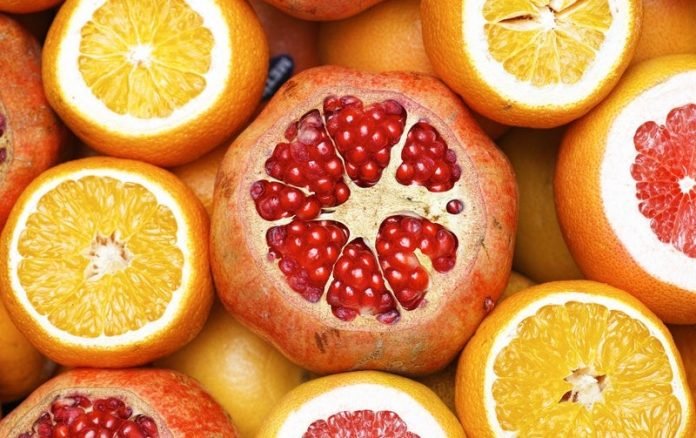
In a new study, researchers found that urolithin A, a compound found in fruits such as pomegranates, could help slow muscle aging processes in the human body.
The research was conducted by a team from Ecole Polytechnique Federale de Lausanne.
Previous research has shown that muscles begin to lose strength and mass once a person reaches the age of 50.
Pomegranate is a fruit prized by many health benefits. It contains ellagitannins, molecules that are converted into a compound called urolithin A in the human gut.
In the new study, the team found that the compound urolithin A could slow down muscle aging by improving the functioning of the cells’ powerhouses.
They also show that ingesting the compound poses no risk to human health.
In their experiment, the team tested 60 elderly people, who were sedentary yet in good health. They took a single dose of between 250 and 2,000 mg of urolithin A.
The researchers observed no side effects when compared with the control group, who were given a placebo.
The participants were then split into four groups, each receiving a placebo or a 250, 500 or 1,000 mg daily dose of UA for 28 days.
The team found no harmful health impacts even after prolonged ingestion.
Then they examined the participants’ blood and muscle tissue. They found that the compound could improve the cells’ powerhouses in the same way as regular exercise.
The researchers explain that urolithin A is the only known compound that could rebuild cells’ ability to recycle defective powerhouses.
This process happens naturally in young people, but it is gone in older people. This can lead to loss of skeletal muscle mass and weakening of other tissues.
The team hopes the new finding can provide a new, practical way to help people delay muscle aging.
The lead author of the study is Pénélope A. Andreux.
The study is published in the journal Nature Metabolism.
Copyright © 2019 Knowridge Science Report. All rights reserved.



